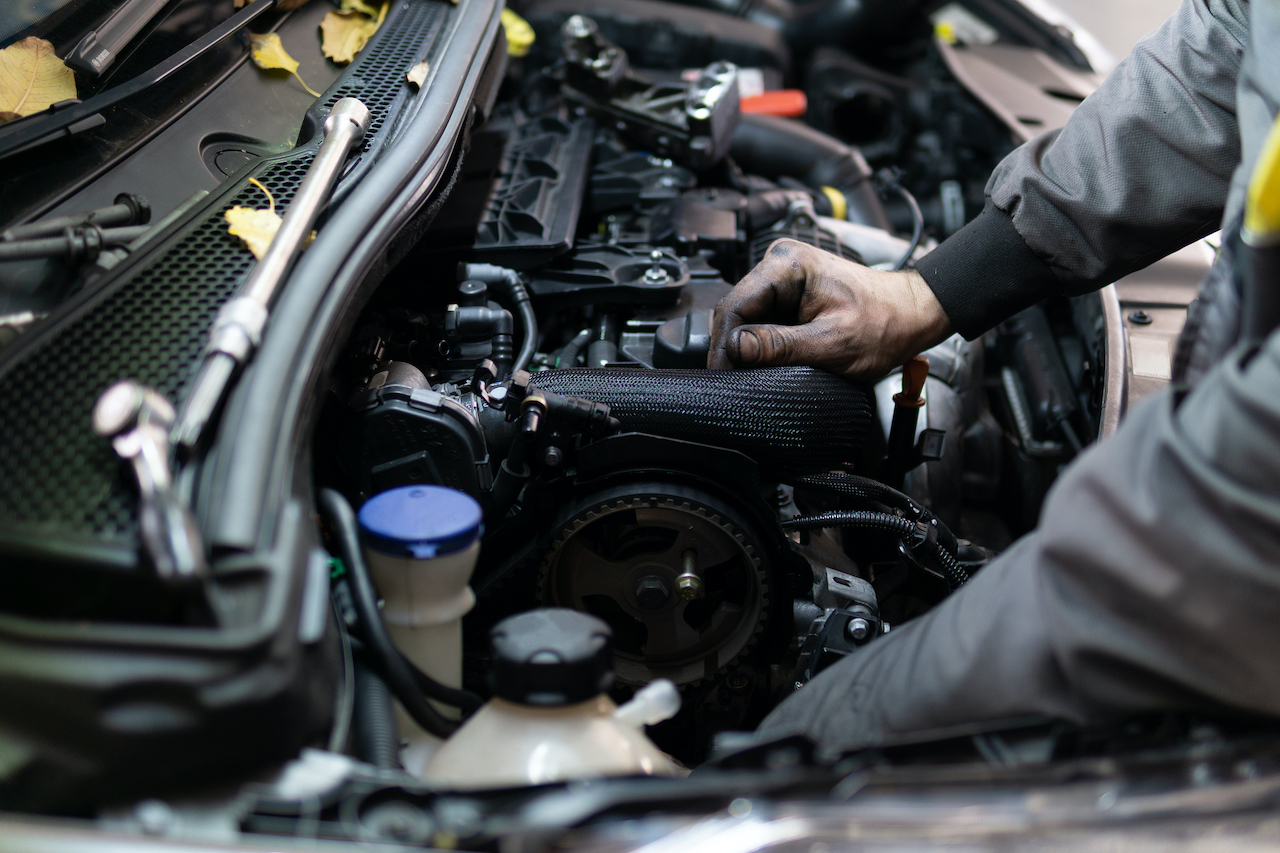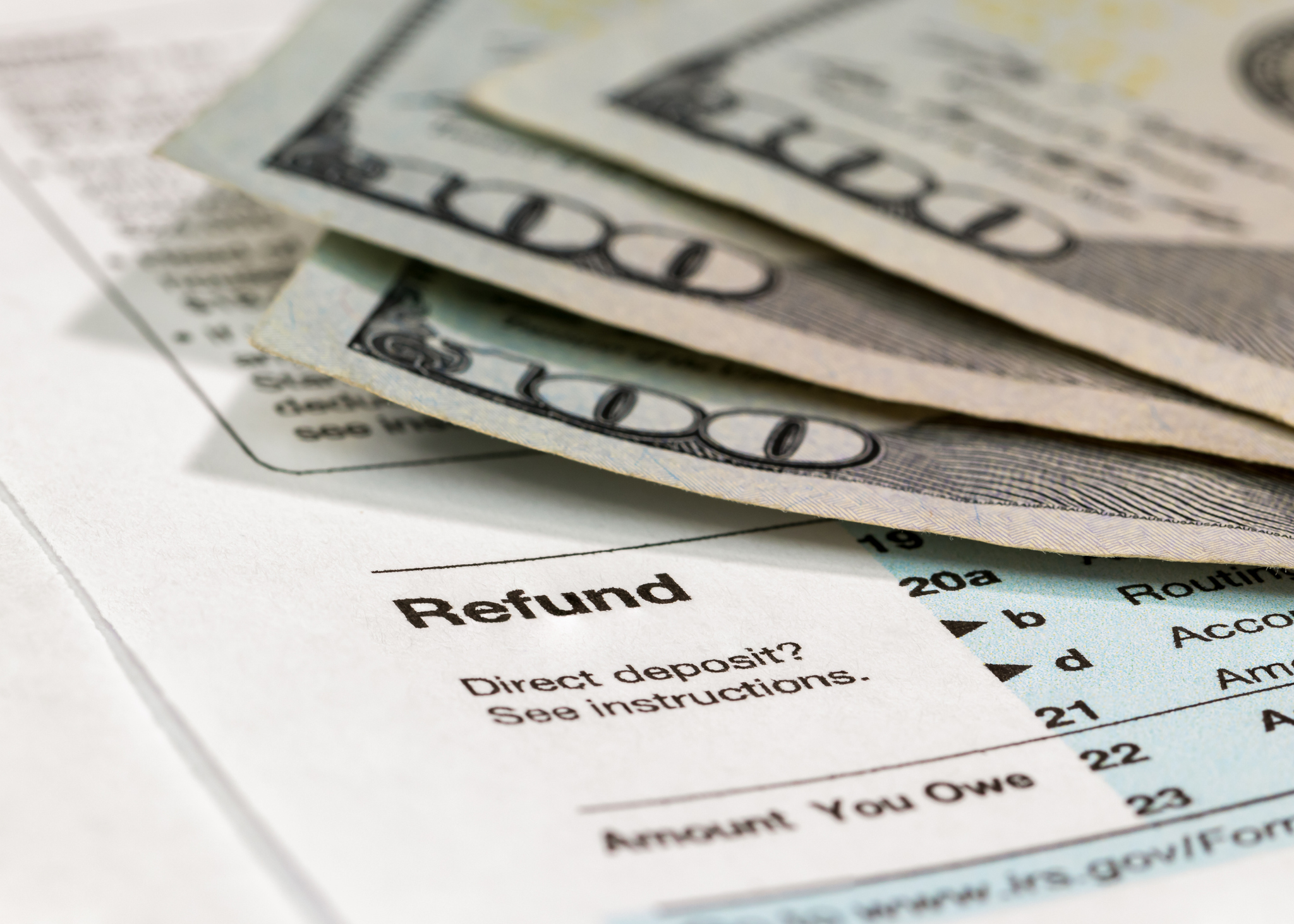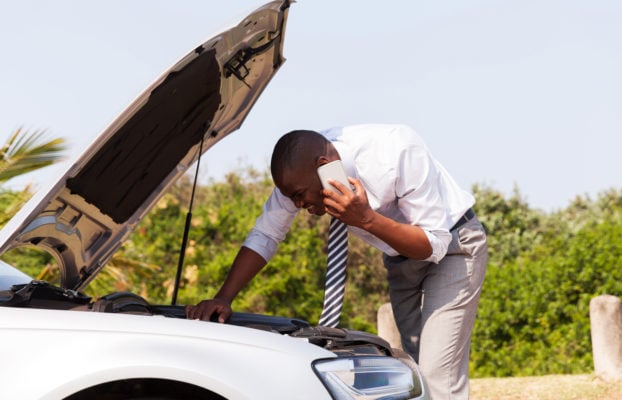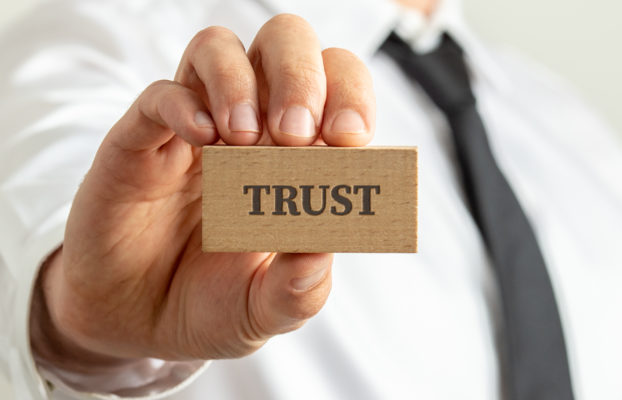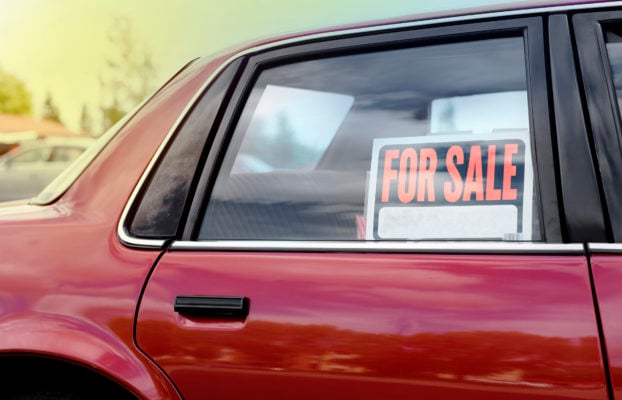Fight Back & Defend Your Rights Against Car Manufacturers RV and Motorcycle Companies Car, RV, Motorcycle Dealers Used Car Dealerships
Pay Us Nothing Unless We Win Your Lemon Law Case.
Is Your Vehicle Defective?
Is There a Warranty?
Get Your Full Refund
California New & Used Lemon Laws
Have a Lemon on Your Hands?
Avid cooks and culinary professionals love to use lemons to ramp up the flavor profile for a wide variety of dishes. Think Shrimp Scampi and Chicken Piccata. However, a lemon car leaves a bitter taste that can cost you hundreds, if not thousands of dollars.
Buying a car is often a battle of wills. On the one hand, we have a dealer sales rep who needs to meet a quota. On the other hand, we have the customer who would rather listen to fingernails scratching a chalkboard than hear the sales pitch coming from a sales rep. The worst part of dealing with a sales rep is you might get stuck driving off the lot with a new or used lemon.
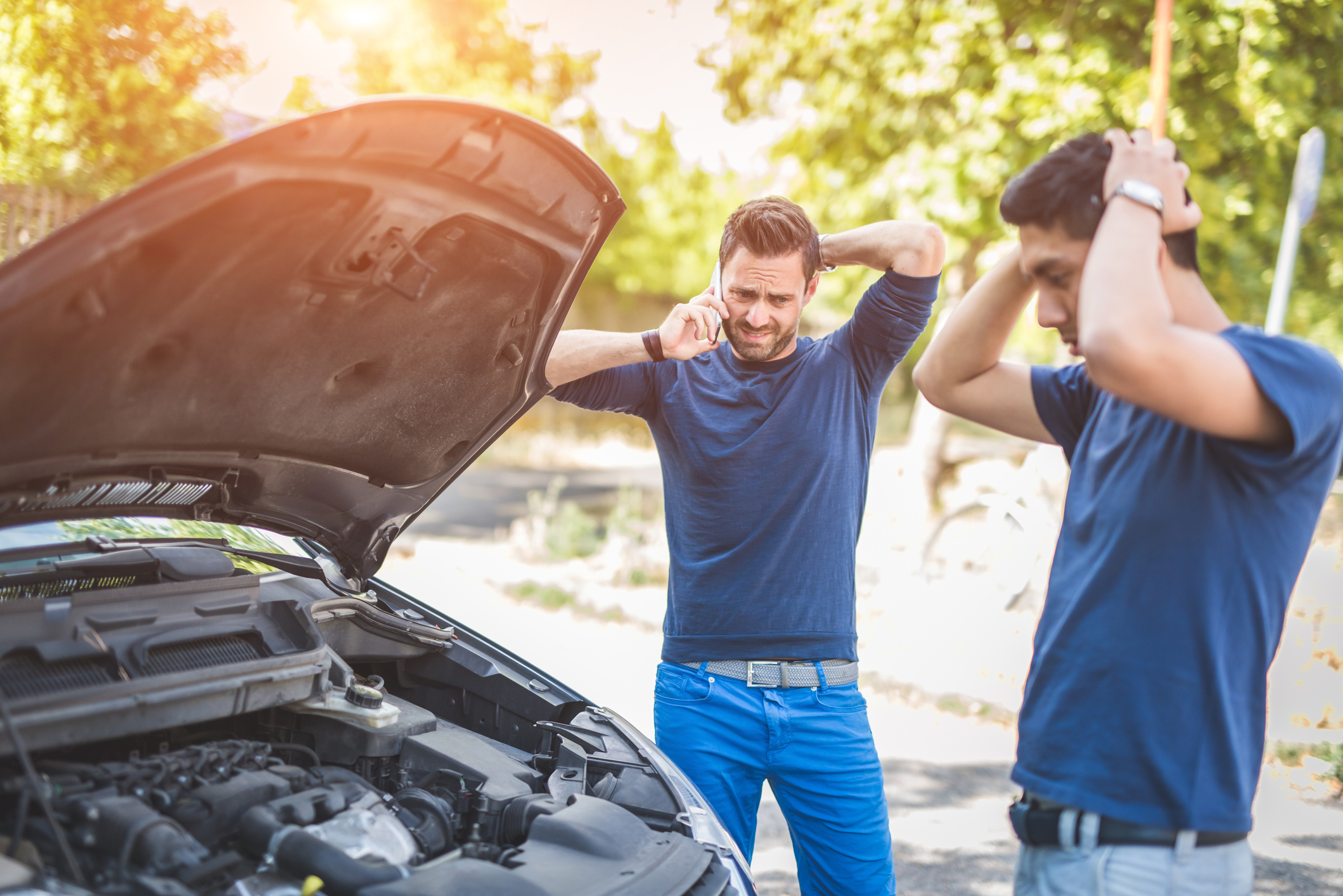
An Overview of Lemon Laws
Only a few days have passed and you suspect that a lemon sits in the garage or deep into the basement. Can you recover the money spent on the purchase of a lemon product? The answer is maybe, but you have a fighting chance because of federal and California-enacted lemon laws.
Lemons laws are statutes passed by states and the federal government to protect consumers that have bought defective products. At the legal foundation of lemon law is a phrase that requires manufacturers to replace a defective product or refund a customer’s money if the manufacturer cannot repair a defective product after a reasonable number of attempts. Although lemon laws mostly target defective cars, trucks, motorcycles, RV’s and other motor vehicles, several state lemon laws protect consumers against the purchase of defective appliances.
Lemon Laws Help Protect You
California is one of the few states that provides lemon law protection for both leased and purchased vehicles. With over 150,000 vehicles sold each year in California ending up on the lemon list, the state’s comprehensive lemon law is one of the toughest against auto dealers and manufacturers in the United States. Furthermore, in most states, general consumer protection laws protect consumers against lemon fraud, while California devotes an entire section within its legal code to lemon laws.California is one of the few states that provides lemon law protection for both leased and purchased vehicles. With over 150,000 cars, trucks, motorcycles and RV's sold each year in California ending up on the lemon list, the state’s comprehensive lemon law is one of the toughest against auto dealers and manufacturers like Ford, GM, Tesla, Nissan, Hyundai etc. in the United States. Furthermore, in most states, general consumer protection laws protect consumers against lemon law fraud, while California devotes an entire section within its legal code to lemon laws.
The expansive language written for lemon laws covers a wide range of products. However, consumable products such as produce and clothing do not fall under lemon law protections in California. If a manufacturer is unable to repair a product after a reasonable number of repair attempts, the manufacturer must replace the product or give the consumer a refund.
California lemon laws contain several important features that protect consumers against lemon fraud.
- Ensure an adequate number of repair facilities
- Repairs should not take more than 30 days
- Limit the number of repair attempts to shorten the dispute resolution process
- Consumers receive a refund or a replacement vehicle that subtracts any trouble-free use value
- Payment of consumer attorney fees
Consumers in California receive lemon law protections for leased and purchased vehicles, as well as new and used cars that come with a warranty.
Although every state has some form of lemon law on the books, the laws vary in coverage and the legal responsibilities shouldered by dealers and manufacturers. At the federal level, the Magnuson-Moss Warranty Act gives consumers a legal remedy if they cannot use their state lemon laws to recover the cost of owning a lemon.
The federal lemon law protects consumers that buy a good that has a price tag of at least $25. An express warranty must come with the good for the good to be eligible for lemon law protection. The Magnuson-Moss Warranty Act defines repeated issues with a product to constitute a breach of an express warranty. Repeated issues that lead to two or three attempts at repairing a product makes a consumer eligible for federal lemon law relief.
Getting a lemon car issue resolved can take a considerable amount of time. Consumers have to deal with several repair attempts that can span weeks, if not months to unfold. Then, you have the back and forth with both the car dealer and the manufacturer of a lemon. If the dealer and/or the manufacturer refuses to make things right, then you should file a formal complaint with the National Highway Traffic Safety Administration (NHTSA).
Send the NHTSA your email address, the vehicle make and model, and most importantly, the Vehicle Identification Number (VIN). Filing a complaint with the Better Business Bureau might not get you a response from the dealership or the manufacturer, but at least you pass on your story to other consumers that are considering buying the same make and model of motor vehicle from the same auto dealership.
- What to Do If You have Purchased a New Or Used Lemon
- Common Lemon Vehicle Defects
How you handle a lemon motor vehicle determines whether you receive a refund or get a new car that is the same make and model as the old one. These steps should help you recover the costs of buying a new or used lemon or leasing a lemon in California.
- Record the issues with the car dealer and then determine whether the issues are covered under the warranty.
- Refer to resources such as the Better Business Bureau Auto Line to learn about the lemon law statutes in California.
- Document everything that includes the repairs completed by the dealer and the manufacturer. (Ford, GM, Tesla, Hyundai etc)
- Initiate the buyback process by contacting the manufacturer (Ford, GM, etc.) of the lemon vehicle.
- Work with a California Consumer Protection attorney if the issues continue or the dealer refuses to participate in the buyback process.
Contacting the Dealership
- Reporting any issues that you have with your car to the dealer that sold you the car gives the dealer the opportunity to fix the issues.
- Taking action demonstrates that you want to take care of the problems associated with a lemon vehicle, which can be the factor that determines whether you receive a refund or get a replacement vehicle.
Some auto parts have more issues than other types of auto parts, which includes the engine and safety system. The problems associated with cars, trucks, motorcycles, and RV's can include serious issues that a dealer was not aware of at the time of sale. Keep the following common issues associated with lemons in mind when shopping for a new or a used motor vehicle in California.
- Concealed damage.
- Missing or erroneous documents.
- Odometer tampering.
Knowing what to look for in a lemon can help prevent you from purchasing one. Make sure to organize all the documents associated with the cost of parts and labor required to repair a lemon. California lemon laws mandate that manufacturers must ensure customers drive away from a car dealership in a safe and dependable motor vehicle.
Important Provisions of the Magnuson-Moss Warranty Act
State lemon laws typically offer consumers more protections against the purchase of defective products than the lemon laws passed at the federal level. The Magnuson-Moss Warranty Act provides consumers with a legal alternative if a state lemon law does not reimburse the purchase price of a lemon or offer consumers a replacement vehicle that is the same make and model, but not necessarily the same year.
The federal lemon law differs from state lemon laws in several ways.
- Definition of a Lemon
- Types of Vehicles Covered
- Used Motor Vehicles
- Amount of Monetary Damages
- Coverage for Leased Motor Vehicles
- Disclosing the Mandatory Arbitration Requirement
Both state and federal consumer protection statutes define a lemon by factoring in the number of repair attempts made by the manufacturer of a defective automobile. The difference in the definition for a lemon between state and federal law lies in the number of repair attempts, which the Magnuson-Moss Warranty Act allows for of without stating the repair attempts must be about the same issue.
Many states place limits on the types of vehicles that are covered by lemon laws. Vehicles such as cars, SUVs, and light trucks represent the typical vehicle covered by state lemon law statutes. The Magnuson-Moss Warranty Act expands the types of vehicles covered by lemon laws to include ATVs, UTVs, and motorcycles. The federal lemon law covers just about any type of vehicle, as long as it is covered by a written warranty.
Although many pre-owned motor vehicles are sold with a warranty, most states have lemon laws on the books that cover just new vehicles. If you purchased a used car that came with a warranty, you can pursue a lemon claim under the Magnuson-Moss Warranty Act.
The amount of monetary damages granted by state lemon laws differs from the amount of monetary damages allowed under the Magnuson-Moss Warranty Act. State lemon laws provide restitution for the purchase price of a defective motor vehicle, while the federal lemon law considers the difference between what a consumer paid for a motor vehicle and what the consumer would have paid if the consumer knew what was wrong with the defective vehicle.
Several states do not provide lemon law coverage for leased vehicles. On the other hand, the Magnuson-Moss Warranty Act applies to both leased and purchased motor vehicles. Consumers that lease automobiles should refer to the federal lemon law for financial relief.
The Magnuson-Moss Warranty Act requires consumers to participate in mandatory arbitration only if a warranty clearly defines arbitration as the preferred method to settle a dispute between a consumer and a car dealership. Because most express warranties do not include a mandatory arbitration clause, resolving a lemon dispute does not have to go to arbitration. Many state laws do not include the arbitration disclosure provision for resolving lemon disputes.
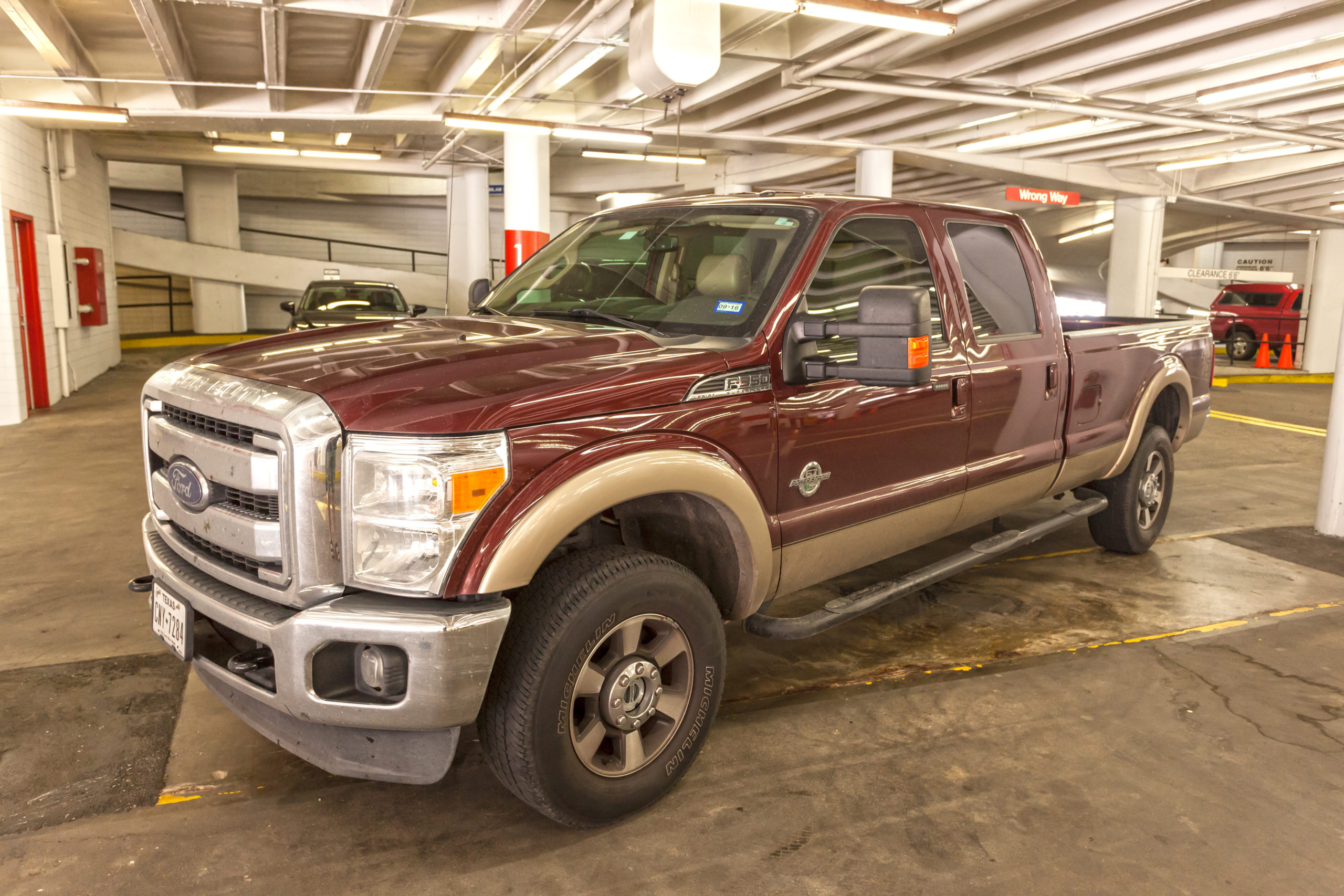
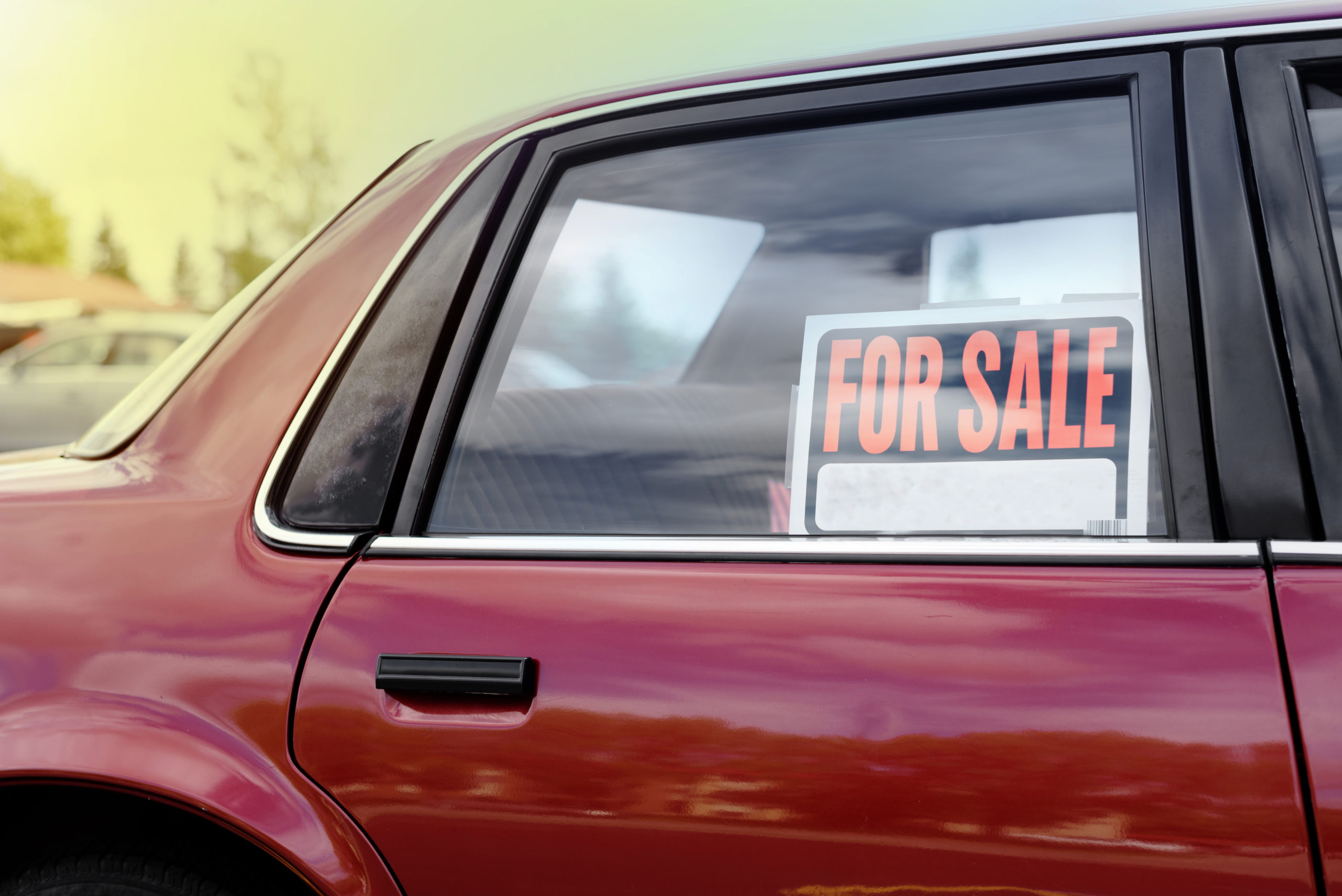

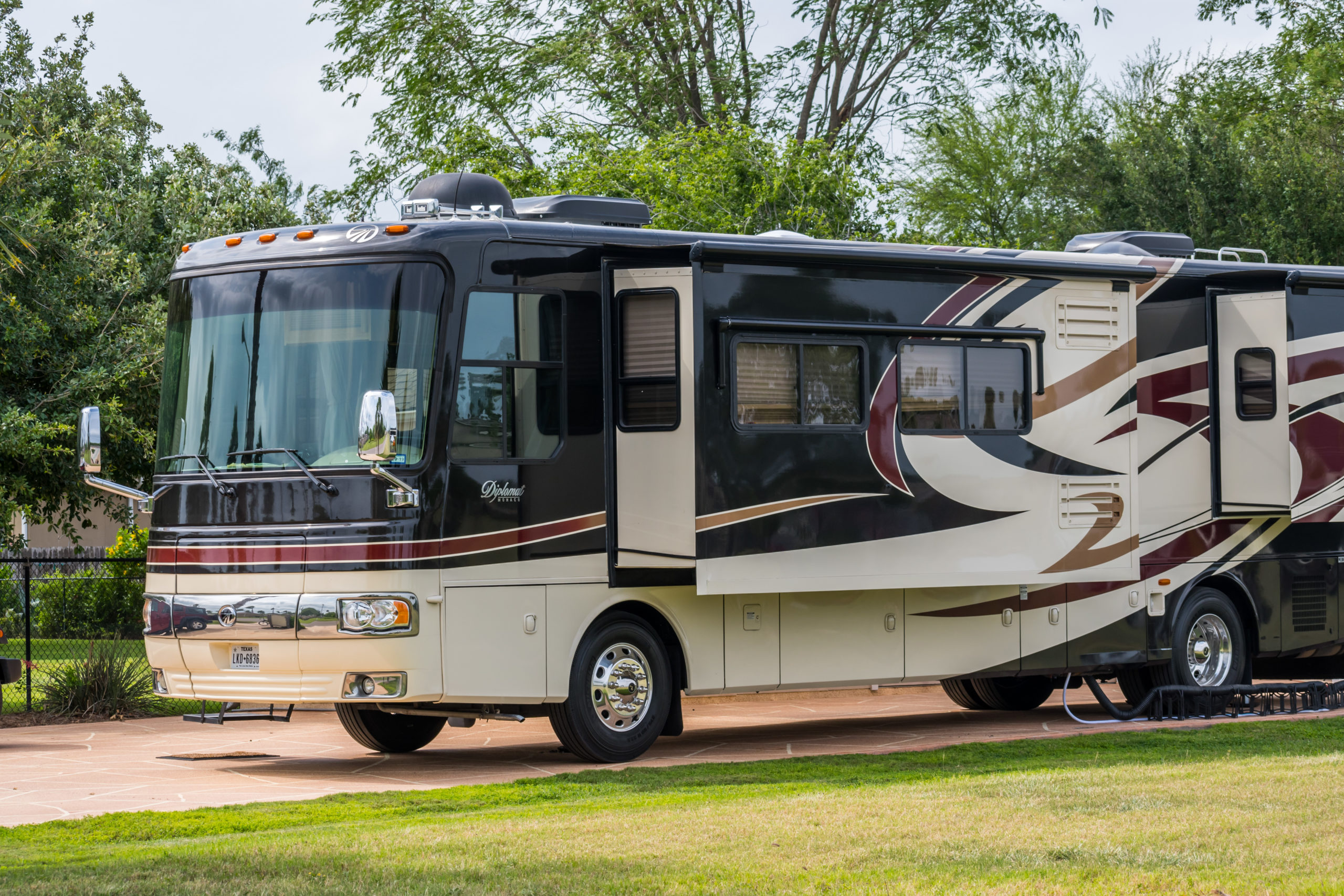

FAQs Related to New & Used Lemon Laws
Because state and federal lemon laws change frequently to offer more legal protections against unethical sellers, consumers have a considerable number of questions they want answered. Here are five common questions asked about lemon laws.
A lemon buyback means a manufacturer of a defective product buys back the defective product. Although most consumers associate the word “lemon” with motor vehicles, the word can apply to big-ticket consumer goods as well such as appliances. A buyback consists of a refund of all the money spent on a lemon, from the down payment to every monthly payment. This includes taxes and loan finance charges for car purchases. Consumers also can ask for what is called coincidental expenses, which for automobiles include repair charges and towing expenses.
Consumers that want the same make and model of a lemon car can request a vehicle replacement. Remember that the replacement vehicle for a car purchased a year or two ago will be the most recent model introduced by the auto manufacturer. The amount of your outstanding loan balance remains the same and the term does not change either.
The answer to this question is “It depends.” If you took in a lemon product to get it fixed while the product was under warranty, then the product might qualify you for a refund if you take it in for a second time outside the warranty coverage. Check with a California consumer protection attorney to receive clarification on this “It depends” question.
California law presumes a vehicle is a lemon if a buyer can prove one or more of the following criteria:
- At least four repair attempts made for the same issue
- Car out of service for more than 30 days for any type of repair
- At least two repair efforts made to fix a problem that can cause death or serious injury
Each lemon law case has unique characteristics that determine the amount of time it takes to resolve a lemon claim. Some cases resolve in as few as 90 days, while other cases take much longer to conclude. Working with an accomplished consumer protection lawyer who handles lemon law cases can speed up the claim process.
Fortunately, consumer protection laws at the state and federal levels protect consumers against purchasing inferior products that qualify as lemons.
Testimonials
Read What Our Clients Have to Say....
I had reached out to Mr. John Miser for some legal assistance regarding a situation I was having with a vehicle. He responded promptly and was very professional. John took the time to explain the process to me and he kept me informed the entire time. Everything was successful. Thanks John for everything!
Sheronda R.
Learn More About Lemon Law Rights...
We love sharing our knowledge to help educate others.
Work with a California Consumer Protection Attorney
Considered the last option on your list of remedies for resolving a lemon car complaint, contacting an experienced consumer protection attorney can motivate the car dealer and/or manufacturer to resolve your complaint. A California-licensed consumer protection attorney can help you organize the documents that you need to submit, as well as apply pressure to the dealer and/or manufacturer to take immediate action.
Most consumer protection lawyers get paid on a contingency fee basis, which means you do not have to pay any upfront legal costs to get your lemon car complaint resolved.




